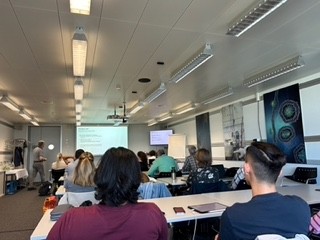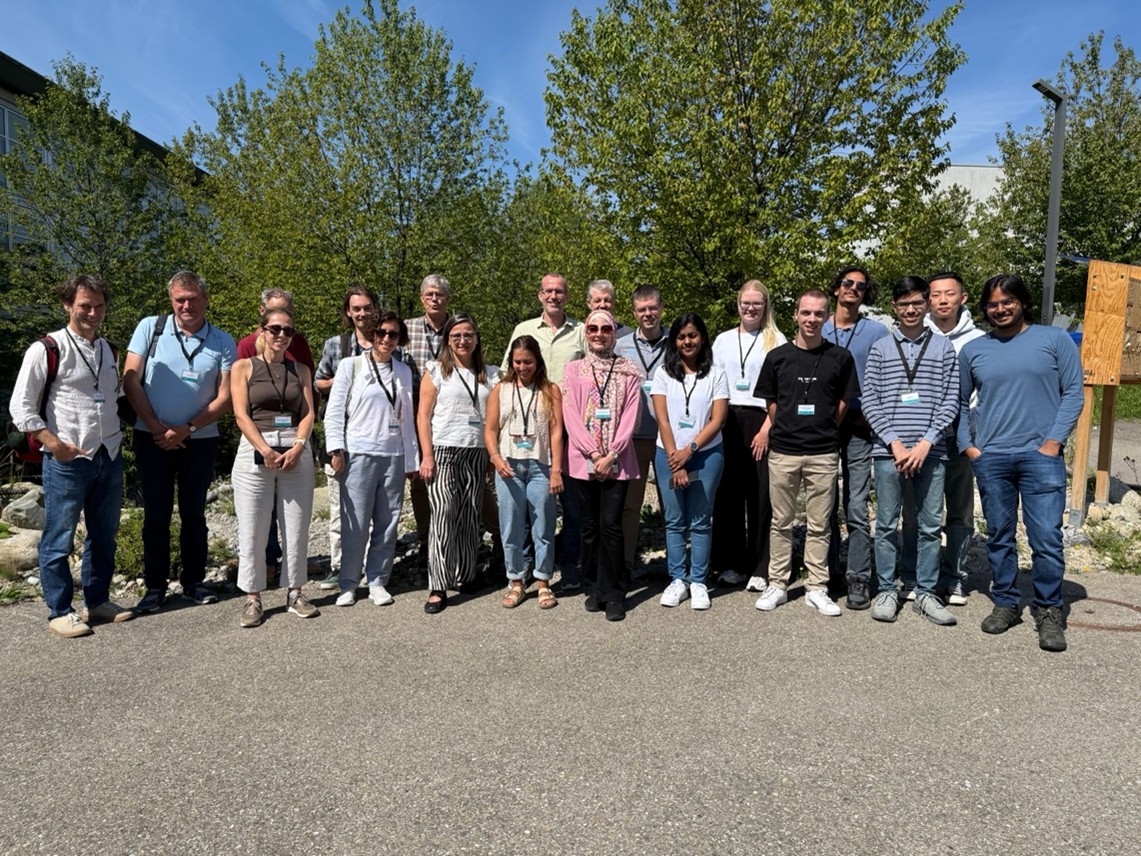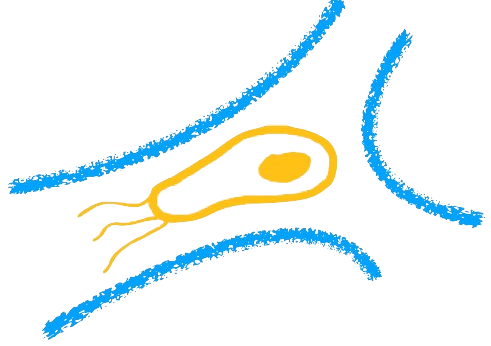First training event for the BIOMAC-BP Marie Sklodowska Curie doctoral network in Zürich – Switzerland
- by Maria Malavé
- in Events
- on September 4, 2025

During the week of 24 to 29 August 2025 the BIOMAC_BP network held its first official training event at ETH Zürich, Hönggerberg Campus. This milestone event, known as T1-Introduction to BIO2PHYM, brought together 11 doctoral candidates, 8 scientific supervisors, and 5 invited speakers for an intensive week of scientific exchange, training, and community building.
A Week of Learning and Collaboration
The program combined cutting-edge scientific lectures, hands-on lab sessions, and discussions on research ethics, open science, and career development. The Doctoral candidates also had the opportunity to introduce their individual projects to the network.
The highlights of the week included:
- Introduction to the BIOMAC-BP Network and its scope
- Fundamentals of soft matter and microbiology, including rheology, microscopy, and microbial growth techniques
- Microfluidics at the microscale, with hands-on experiments on chip-based viscometers
- Artificial intelligence in scientific writing and career development sessions to boost transferable skills
The training was hosted across ETH Zürich’s HCI and HIF buildings, where participants moved from lecture halls to labs, exploring topics ranging from biopesticide dynamics and numerical simulations to microbial genetics and microfabrication.
Building a Network
Beyond the technical program, the event fostered connections among early-career researchers and senior experts. A welcoming get-together on Sunday evening set the tone, while daily group lunches offered further space for networking. The combination of scientific depth and informal exchange created an inspiring atmosphere for collaboration.
ETH Zürich – The Perfect Host
With its long-standing reputation as one of the world’s top universities, ETH Zürich provided the ideal setting for this first training week. Founded in 1855, ETH Zürich is internationally renowned for its cutting-edge research and innovation, and its Hönggerberg campus offered state-of-the-art facilities for lectures and lab work.
What’s Next?
This event was just the beginning. The training program is designed not only to deepen the scientific and technical expertise of the doctoral candidates but also to strengthen their transferable skills – ensuring they are well-prepared for careers in Europe’s research and innovation landscape.



